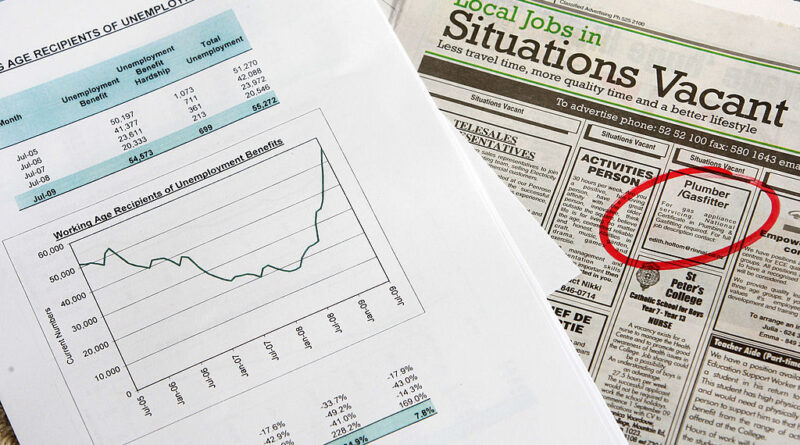Report Shows Potential for Young People to be Dependent on Welfare for Two Decades as NZ Benefit Numbers Soar
The New Zealand economy is experiencing a rapid decline, leading to an increase in people relying on welfare.
The economic challenges include falling GDP, government austerity measures, and near-recession conditions due to the Reserve Bank’s actions to control inflation. This has resulted in more individuals receiving benefits than initially projected in the Budget.
A recent report from the Ministry of Social Development indicates that young people may face unemployment for up to 20 years. The average time beneficiaries are expected to depend on state support is significantly higher than historical levels, with an estimated 13.4 years on average. Although this is slightly lower than the 2017 projection of 13.6 years, it is due to the increase in part-time, low-paying jobs that make some ineligible for government aid.
The report forecasts that individuals under 25 may spend an average of 20 years on benefits, a 39% increase from the previous estimate in 2017.
The government is implementing stricter penalties for job seekers who fail to meet obligations in an effort to address the issue. However, barriers like low skill levels, casual work arrangements, and job market susceptibility to economic fluctuations pose challenges, particularly for young adults.
Weakening Economic Conditions
The report highlights that young people are more vulnerable to economic downturns due to their employment circumstances and industry exposure. The current increase in the number of young individuals receiving Jobseeker Support reflects the challenging economic environment.
More than half of these individuals have encountered multiple risk factors like mental health issues, legal troubles, or a history of state care, indicating the complexity of their situations.
While Pacific Island communities are disproportionately affected by the economic decline, all ethnic groups have seen a rise in beneficiaries. The government aims to address welfare dependency through reforms that promote employment opportunities and reduce the reliance on long-term support.
The Treasury predicts future challenges for the government, particularly in managing rising health and retirement costs due to an ageing population and advancements in medical technology.



